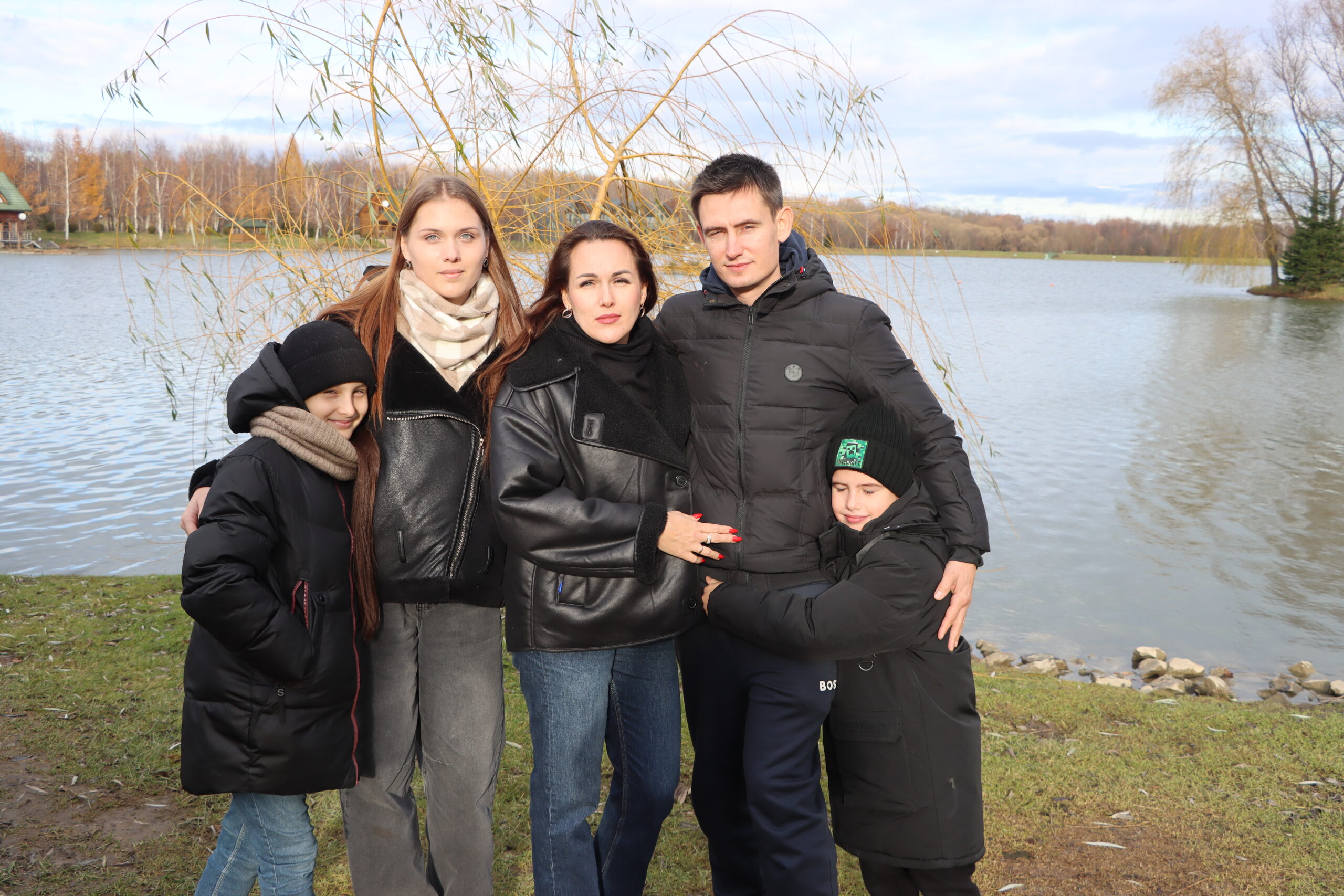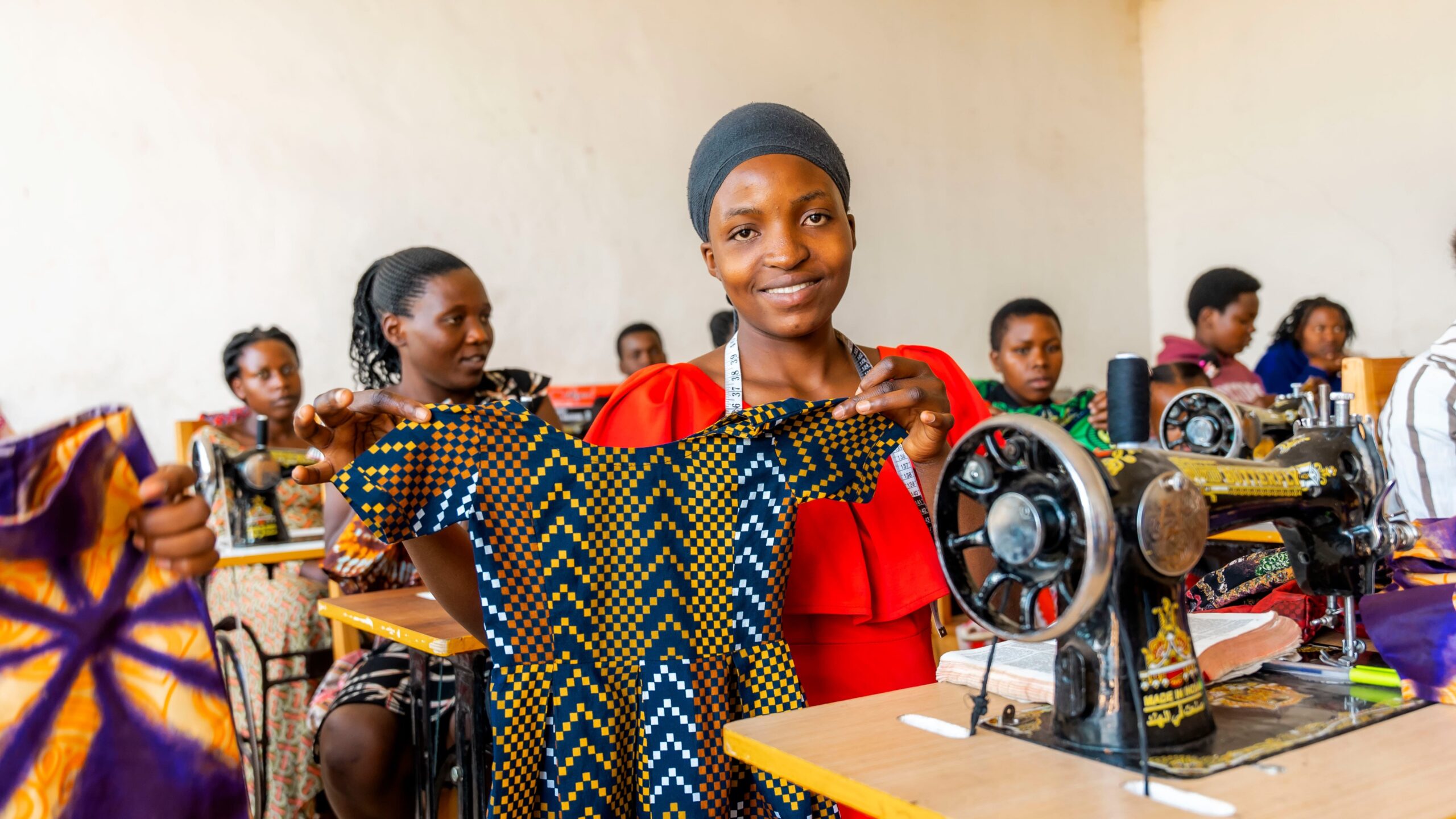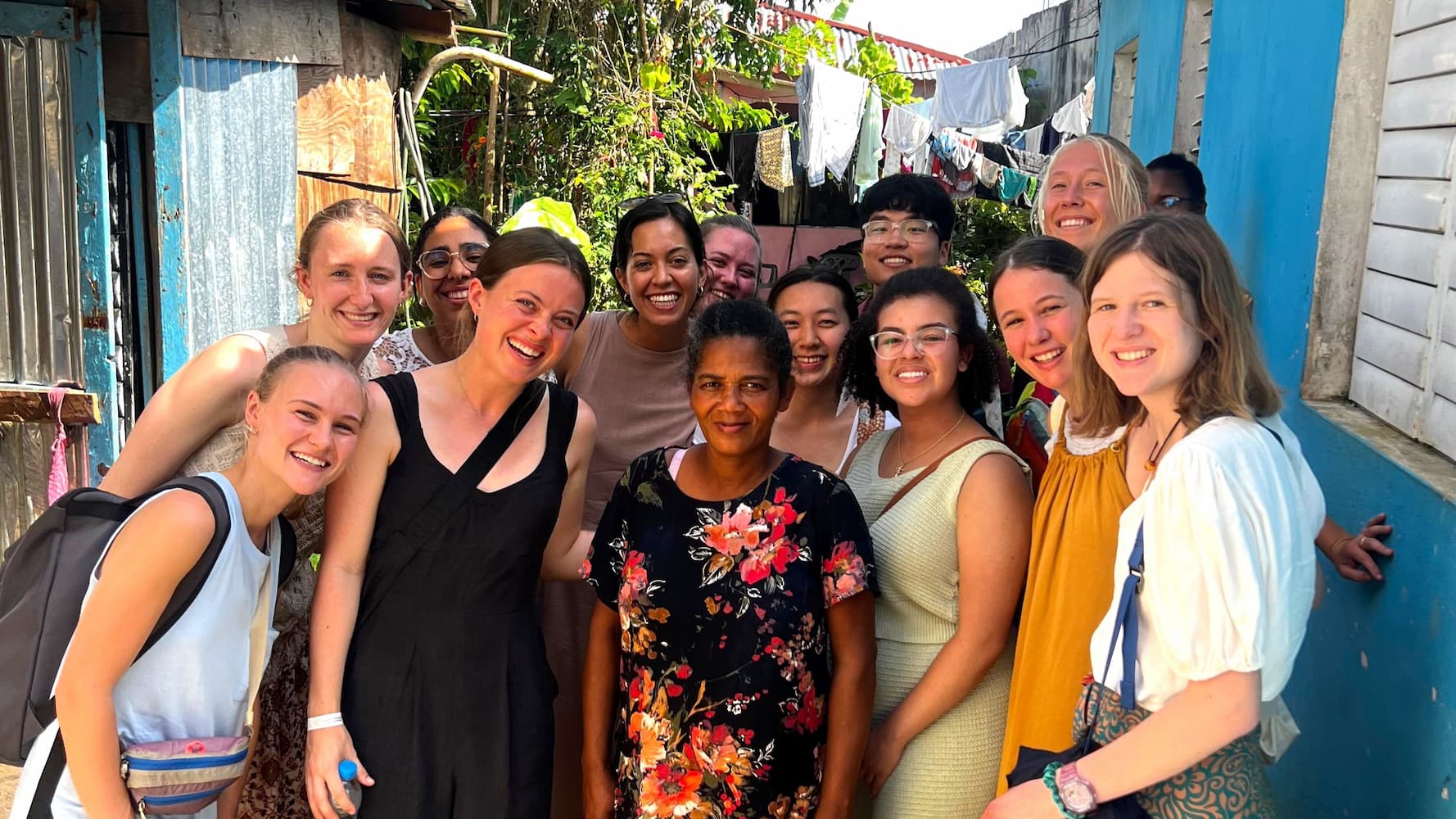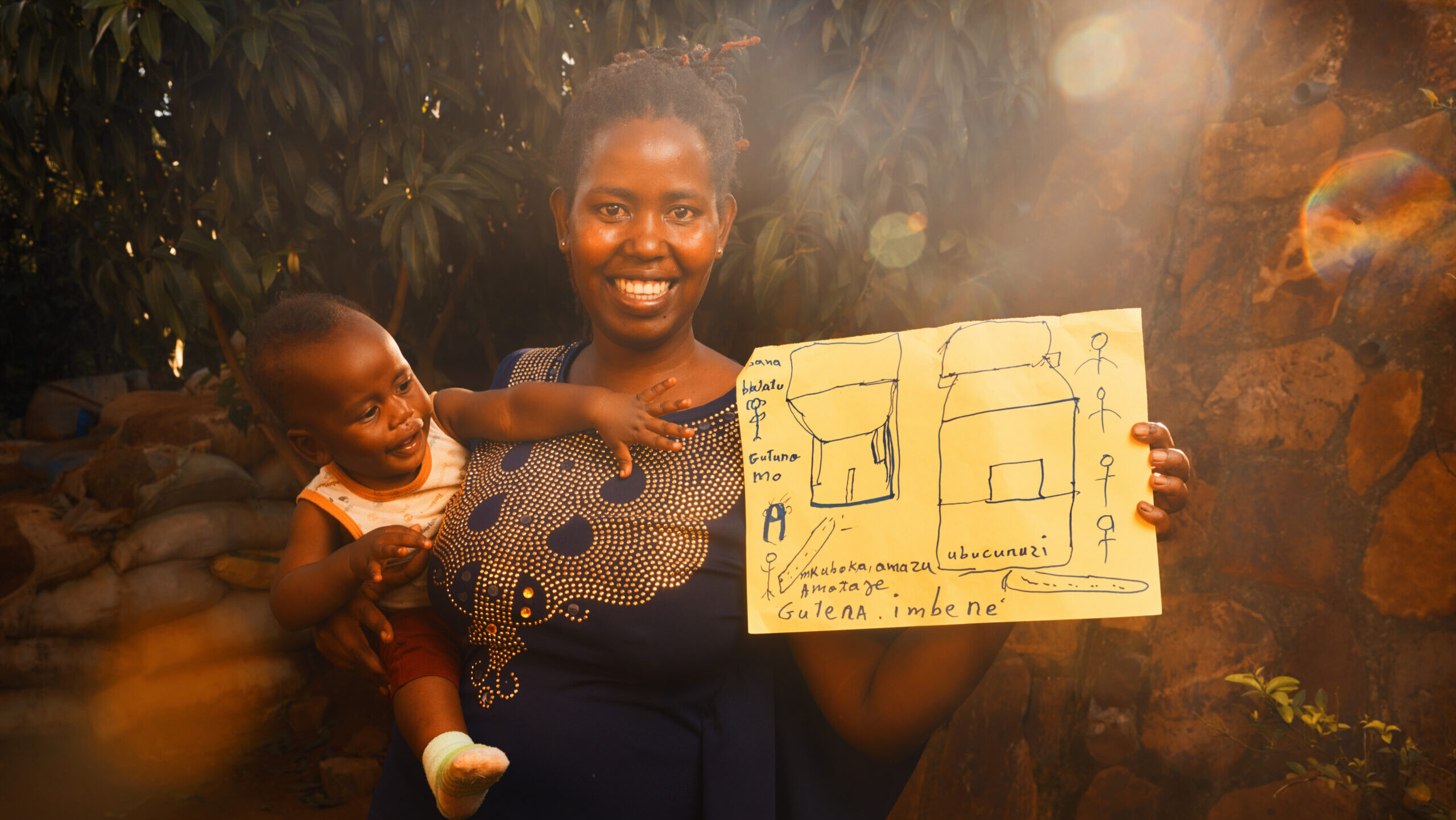Vadym, a determined entrepreneur from Ukraine, is no stranger to challenge. He grew up in a low-income community where job opportunities were scarce, and his parents struggled to provide for him and his sister.
When Vadym had the opportunity to move to a large city in eastern Ukraine, he took a courageous leap of faith to start his own business selling mobile phones and accessories.
Vadym began searching for opportunities to expand his business, and learned about HOPE Ukraine from a friend. In 2014 he took out a loan of $830 to purchase more inventory. His shop did well, just as Vadym had hoped. But his life also began to change in ways he couldn’t have imagined. Continue Reading…




















